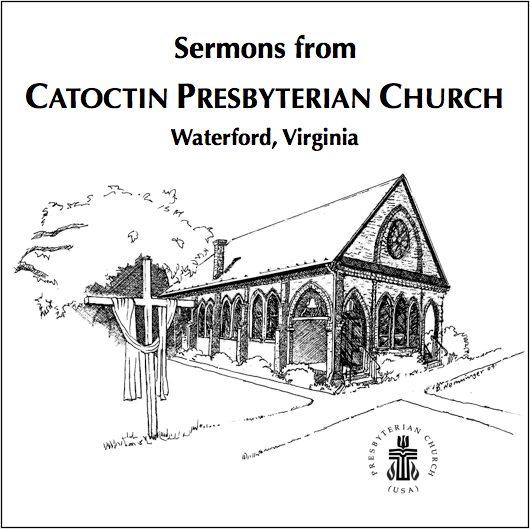Date: December 15, 2019
Bible Text: Colossians 1:15-20, Matthew 11:2-6 | Rev. David A. Douthett
Series: Advent 2019: Incarnation
We are continuing our Advent series exploring the meaning of Incarnation. The word generally refers to God inhabiting a physical body, or put another way, the Word of God, the divine Logos, the architecture of the cosmos, dwelling in physical form. So far we have considered the universe itself as a form of incarnation and the human race as another. This week we will explore the specific case of Jesus Christ, THE Incarnation and the reason we celebrate Christmas. So who is this Christ, and what does it mean to say that Jesus is God, the Son of God, and the Son of Man all at once? We'll see if we can figure it out.
Notes From the Preacher
I mentioned Fr. Richard Rohr in this sermon, and I have mentioned him several times before. Much of the sermon here is either influenced by my recent interactions with his work, or else we just agree on how things are supposed to be, I don't know. Fr. Richard's most recent book is The Universal Christ: How a Forgotten Reality Can Change Everything We See, Hope For, and Believe, and you can find it at this website, or wherever books are sold. You will also find the accompanying podcast, Another Name for Every Thing, at the same website, or wherever you get your podcasts.
Fr. Richard refers to his beliefs as being very Franciscan, which takes them a little out of the main stream of Catholic doctrine, enough (as I said in the sermon) to be attractive to a Presbyterian like me. He says his is a creation theology and an incarnational worldview, which asserts the inherent goodness of created matter, including humans, which have a holiness from God embedded in their very existence and nature. This is not the way the Church often talks about things. Usually we say, "Humans are hopeless sinners, totally depraved, and Jesus is our ticket out of this hot mess of a physical existence, so we can go to be with God in heaven," or words to that effect.
Interestingly, a member of the congregation sent me a link to this article from another favorite of mine, N. T. Wright, about this very thing. Here's a link to the article at Time.com. Wright, a professor of New Testament and early Christianity, asserts that the worldview of the New Testament writers was not that salvation means we go to heaven, but that God comes to us to transform what exists into something better. And he says it better than that, so I encourage you to have a look at the article, especially if you've never heard that idea before. But if you've been listening to me preach for very long, you should have heard it by now.
It's always challenging when the scriptures poke a hole in what we thought the scriptures say. So if you have any questions about this, please drop me a note.
Download Files Bulletin
Topics: Faith,Incarnation,Theology,Who is Jesus Christ?

